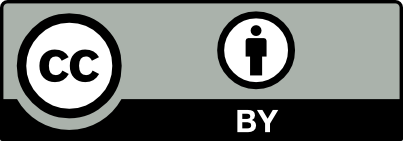Abstract
General strategy for developing finite elements of general geometric shape explained on quadrilateral folded plate structure element ensuring invariance properties is presented in this paper. The basic idea of this strategy consists in using the natural coordinate system only for defining the element geometry and performing the element integration in a mapped biunit square. For defining the approximation functions a suitable local Cartesian coordinate system defined from the directions of the covariant base vectors and the perpendicular contravariant base vectors is used. The origin of the local coordinate system is located at the element centroid (centre of gravity). Hybrid and boundary finite elements of reduced Trefftz type for analysing the folded plate structures are also presented. The folded plate structure element is a combination of a plate bending element and a plane stress element.
References
[2] T. J. R. Hughes. The Finite Element Method Linear Static and Dynamic Finite Element Analysis. Prentice-Hall, 1987.
[3] J. Jirousek and L. Guex. The hybrid Trefftz finite element model and its application to plate bending. Int. J. Num. Meth. Eng., 23: 651-693, 1986.
[4] K Y. Sze and C. L. Chow. An efficient hybrid quadrilateral Kirchhoff plate bending element. Int. J. Num. Meth. Eng., 32: 149- 169, 1991.
[5] J. Jirousek and A. Wróbelwski. Alternative displacement frame formulations in hybrid-Trefftz Kirchhoff plate p-elements. CAMES, 4: 417-451, 1997.



